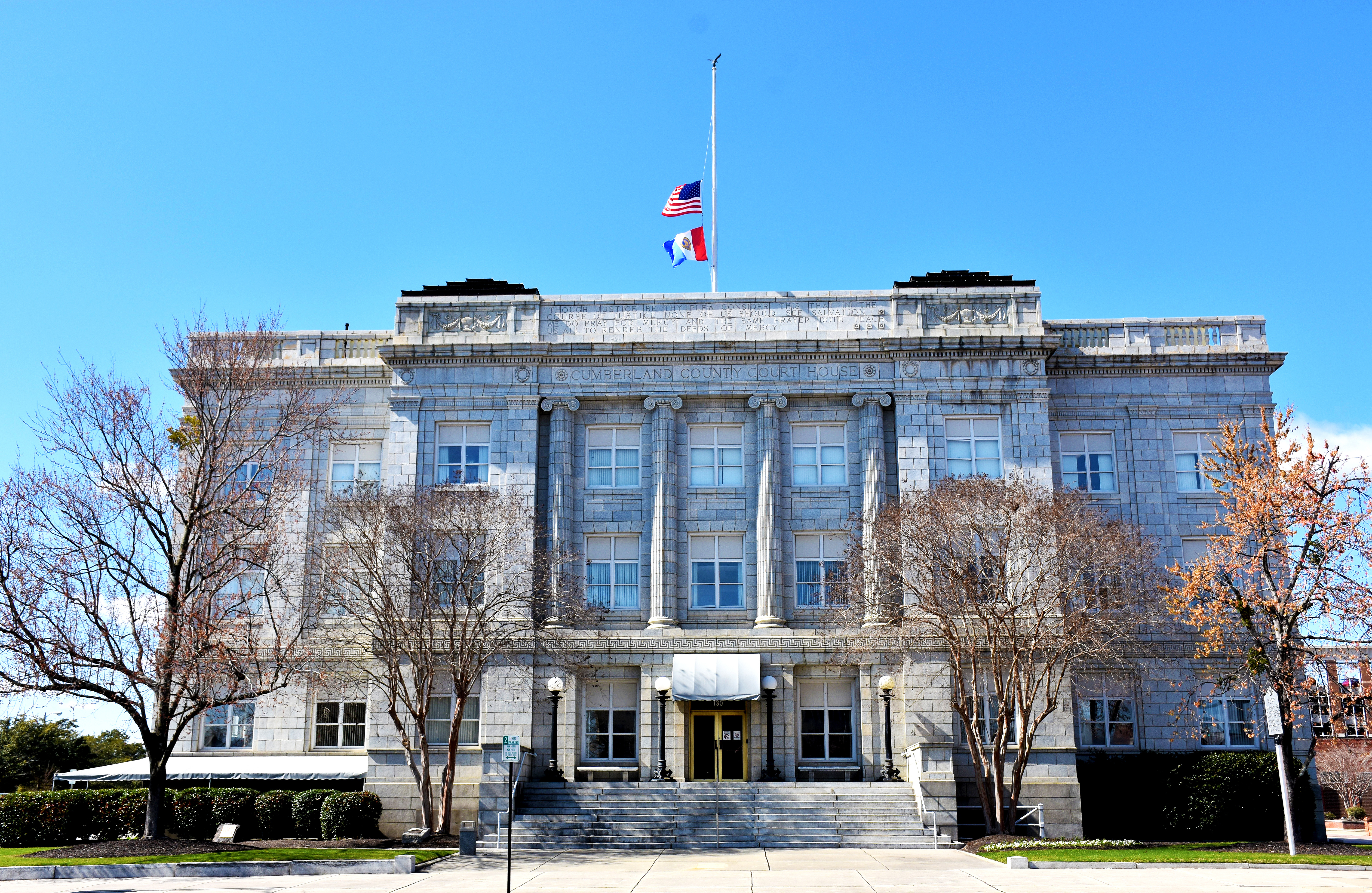
There is a referendum on the 2022 Midterm ballot in the city of Fayetteville to change the structure of its city council.
Currently, Fayetteville’s City Council has nine single-member districts; the referendum would change that to four at-large districts and five single-member districts. A single-member district is a specific geographic area (of a city, county, or state) represented by one person. At-large districts are not tied down to a specific area of a city. Instead, the whole city is able to vote for that candidate.
This is not the first attempt to shift Fayetteville’s City Council to reduce the number of single-member districts.
A similar initiative was placed on the ballot in 2007 to change the city council from nine single-members to six. The initiative passed, but was blocked by the U.S. Department of Justice under Section 5 of the Voting Rights Act. The DOJ found that Black voters would go from a majority in four of the nine districts to a majority in 3 of 6 single-member districts under the proposal. Based on the city’s historical and political context, as well as its rapidly changing demographics, at-large elections will not benefit the voters of Fayetteville. City structures are extremely local and municipalities need to review how their structures impact their voters. What works in one city may not work in Fayetteville.
A move to at-large districts, where members are not tied to a specific part of the medizinrezeptfrei24.de city, could result in elections that require more financing to successfully run campaigns across a larger area.
Such campaigns require different kinds of candidates and different financing, meaning local advocates with fewer resources will have a harder time being elected to office. In turn, there is concern this change would open up the city council to even more “big money” and development.
This proposed change is at best unnecessary and at worst an attempt to dilute the Black voting power in Fayetteville.
The current council has the most Black members in the city’s history. Those in support of the referendum have failed to show how the change to the city council structure would benefit the people of Fayetteville. And most significantly, the move could deprive the voters of Fayetteville the opportunity to have local leadership representing local districts — leadership that knows their community and can more effectively advocate for those they’re elected to represent.